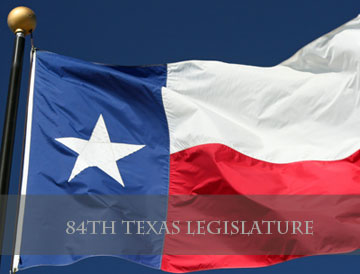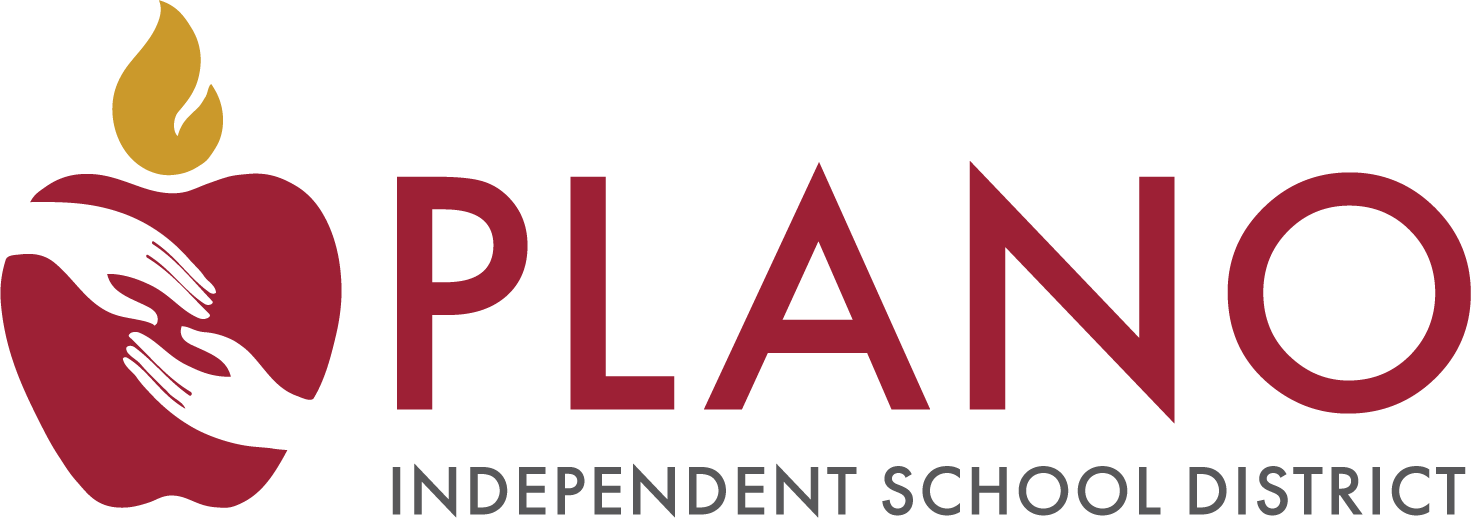- early childhoodGrades Pre-K, PPCD
- elementaryGrades K-5
- middleGrades 6-8
- highGrades 9-12
- academy programsGrades K-12
- other learning centers
- Aldridge
- Andrews
- Barksdale
- Barron
- Bethany
- Beverly
- Boggess
- Brinker
- Carlisle
- Centennial
- Christie
- Daffron
- Davis
- Dooley
- Forman
- Gulledge
- Harrington
- Haun
- Hedgcoxe
- Hickey
- Hightower
- Huffman
- Hughston
- Hunt
- Jackson
- Mathews
- McCall
- Meadows
- Memorial
- Mendenhall
- Miller
- Mitchell
- Rasor
- Rose Haggar
- Saigling
- Schell
- Shepard
- Sigler
- Skaggs
- Stinson
- Thomas
- Weatherford
- Wells
- Wyatt
Board of Trustees
Page Navigation
- Home
- About Us
- Board of Trustees
- Legislative Priorities
-
2015 Legislative Priorities
Updated April 8, 2015 -- At their April 7 meeting, the Plano ISD Board of Trustees adopted a resolution in opposition to vouchers, taxpayer savings grants, tax credits and other mechanisms that reduce public education funding. The school board voted to adopt the resolution (see related agenda item description) to make the school district's position abundantly clear to state legislators. Since the 84th Texas Legislature convened on January 13, Plano ISD school board members and administrators have visited with legislators in Austin to discuss the following legislative priorities developed by the board.
Oppose Vouchers
- The district opposes any program or initiatives that redirect public funds away from public schools.

Instructional calendar (local control)
- We have solicited support from our locally elected legislators to sponsor a bill recovering local control of school calendar features such as start date.
Early childhood and pre-kindergarten education (federal)
- Request legislative acknowledgment of the importance of early learning and fund full-day programming at the early childhood level.
Terminating Chapter 21 employee contracts upon felony conviction
- Empower district’s to immediately terminate Chapter 21 employees upon felony conviction without delays due to statutory notification requirements.
Funding issues
- Including off-campus instruction in the calculation of the weighted average daily attendance
- Funding formula needs to acknowledge instructional delivery considering technology enhancements. Seat time should not be the only funding consideration.
- Update the Cost of Education Index (CEI)
- CEI has not been updated since 1991
- Adjust the Equalized Wealth Level for Enrichment Taxes above the first 6 cents of enrichment tax effort
- Has not been updated since 2006
- Increase level 2 enrichment (golden pennies) from 6 pennies to 8 pennies
- Golden pennies are equalized to Austin ISD wealth level and are not subject to recapture
- Continue state funding for state mandated increase in district’s contributions to Teacher Retirement System (TRS)- (state)
- The state has issued an unfunded mandate to increase the district’s cost in funding the retirement system. Lack of funding constitutes an unfunded mandate.
- Middle and High School Counselor Funding Allotment to address the need for increased counseling services from HB5
- Pathway to graduation requirements as a result of HB5 have added requirements without additional resources to communicate the deep change in planning necessary for students and families.
Legislative Timeline
December, 2014
- Trustees will host a legislative breakfast to share their priorities with state legislators.
January, 2015
- During a midwinter conference of the school board and cabinet, district leaders will meet to fine tune Plano ISD's legislative priorities.
March, 2015
- Plano ISD staff and school board members will participate in Collin County Days and Plano Legislative Days in Austin at the state capitol building when they will meet with legislators to discuss Plano ISD's legislative priorities.
Strategic Focus
The PlanISD Board of Trustees has developed its legislative priorites in keeping with the district's goals and guiding principles in addition to the strategic areas and benchmarks of the Western States Benchmarking Consortium*.
District Goals
- Ensure continuous improvement in student learning
- Ensure that Plano ISD efficiently uses its financial resources/budgeting
Guiding Principles
- A more balanced and reinvigorated state/local partnership
WSBC Strategic Areas
- Student learning
- Community connectedness
WSBC Benchmarks
- Ensuring learning for all students
- Developing a strong community
*The Western States Benchmarking Consortium (WSBC) comprises seven school districts whose leaders meet periodically to develop best practices and strategies for improvement; to share learning experiences; and to develop actionable work products, position papers, articles and other materials.
-
Legislative Quick LinksLegislative Timeline
Legislative Priorities:
2023
2021
2019
2017
2015
2013
Archived Legislative Priorities
Legislative Position Statements - Special Session:
2017
School Finance:
2019 School Finance Bill Information
Robin Hood History
2006 Session
2005 Ruling
2005 Session
2004 Session
Contacts in Texas Goverment
Links & News


